Finland beat the Russian Olympic Committee 2-1 on Sunday to win gold and cap Olympic men's hockey in Beijing. These five takeaways from the tournament have implications for the NHL.
Fedotov couldn't foil the Finns
Finland's win was historic, but Ivan Fedotov's future is the top NHL story for either finalist. The Russian goalie stopped 29 pucks to keep the gold-medal game close, only for Ville Pokka's prayer from distance and Hannes Bjorninen's netfront tip to beat him and prove the difference.
That two shots eluded Fedotov made Sunday his second-worst game in Beijing. The Czech Republic shelled him for six goals after he'd shut out Switzerland and Denmark back-to-back. Fedotov rebounded in knockout play and held the Danes and Sweden to a goal apiece, stoning Sweden's last five attempts in the shootout that sent the Russians to the final.
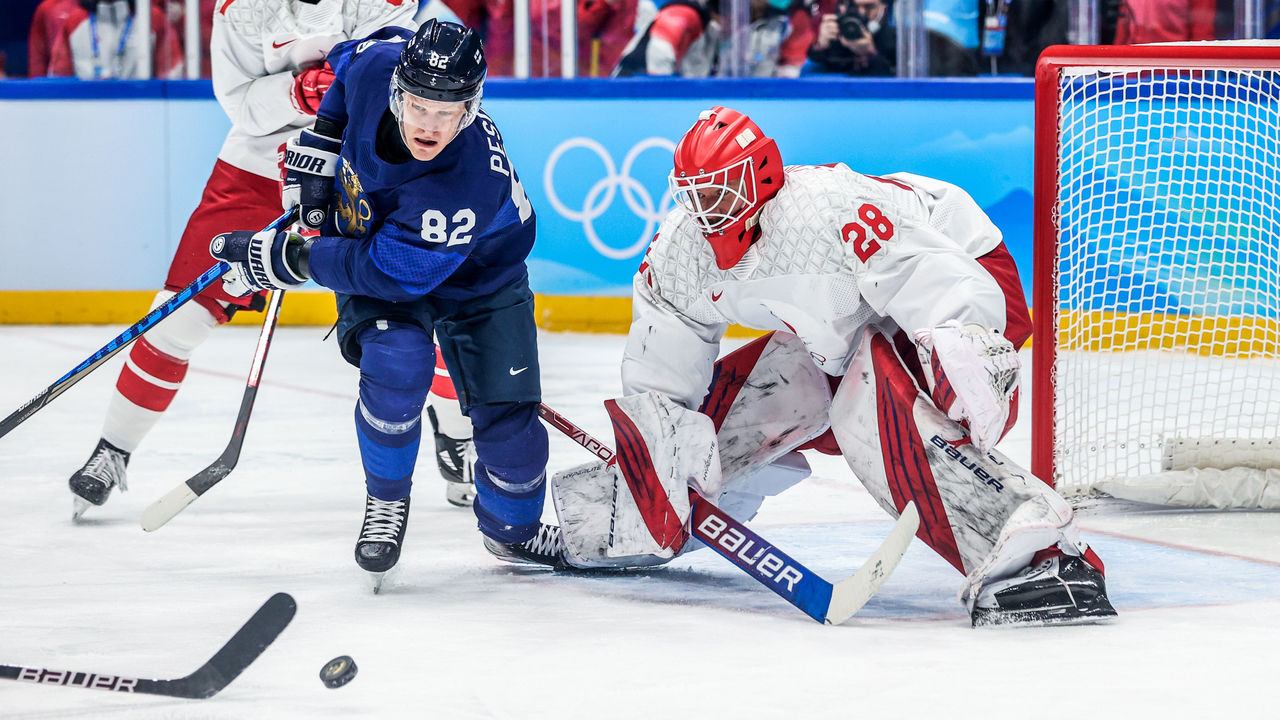
Goalies ruled this tournament. Patrik Rybar's heroic .966 save percentage led Slovakia to the bronze medal. Harri Sateri (.962, 16 saves in the final) backstopped the Finns to their first gold medal in 18 Olympic appearances. Fedotov's save percentage wound up at .943.
The Philadelphia Flyers drafted Fedotov in the seventh round in 2015, and they retain his rights as he reportedly eyes a move out of the KHL. The Flyers and Fedotov's agent have initiated contract talks, a source told Philly Hockey Now's Sam Carchidi. If he were to back up Carter Hart next season, he'd become the NHL's tallest goalie ever at 6-foot-8, one inch clear of Mikko Koskinen and Ben Bishop.
Finland staged a masterclass Sunday on how to hold a third-period lead. The Finns generated more solid chances in the frame than the Russians had shots (three). They spoiled Fedotov's marvelous week, and they're the champs because of it.
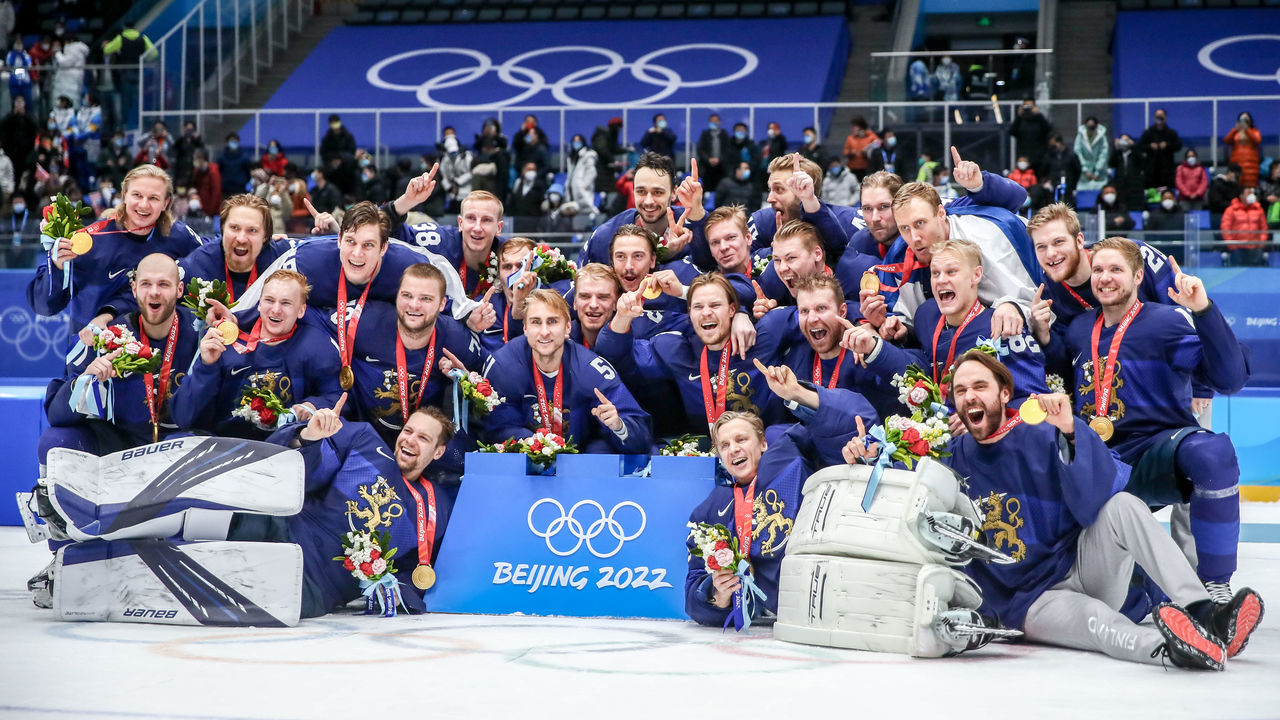
Slafkovsky boosted his draft stock
Early in the tournament, Slovakia looked doomed to bow out long before the medal games. The Slovaks let in a combined nine goals against Finland and Sweden in the first four periods of the preliminary round. The only player who showed up was younger than everyone: 17-year-old Juraj Slafkovsky scored Slovakia's three goals against those Nordic powers.
Rybar, the third goalie on the Slovak depth chart, drew into action and was close to unbeatable in wins over Latvia, Germany, the United States, and the Swedes. Slafkovsky found the net four times in those games as Slovakia won bronze, the country's first Olympic hockey medal. The kid was the tournament's MVP and its breakout star.
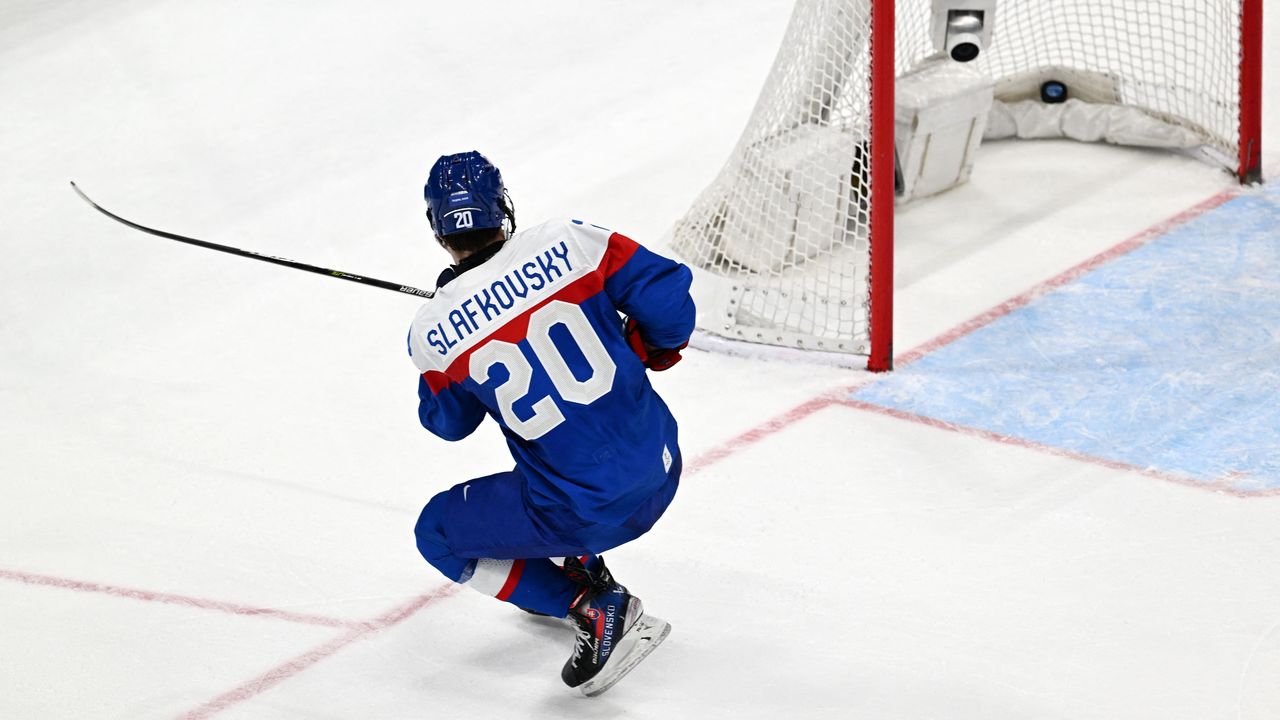
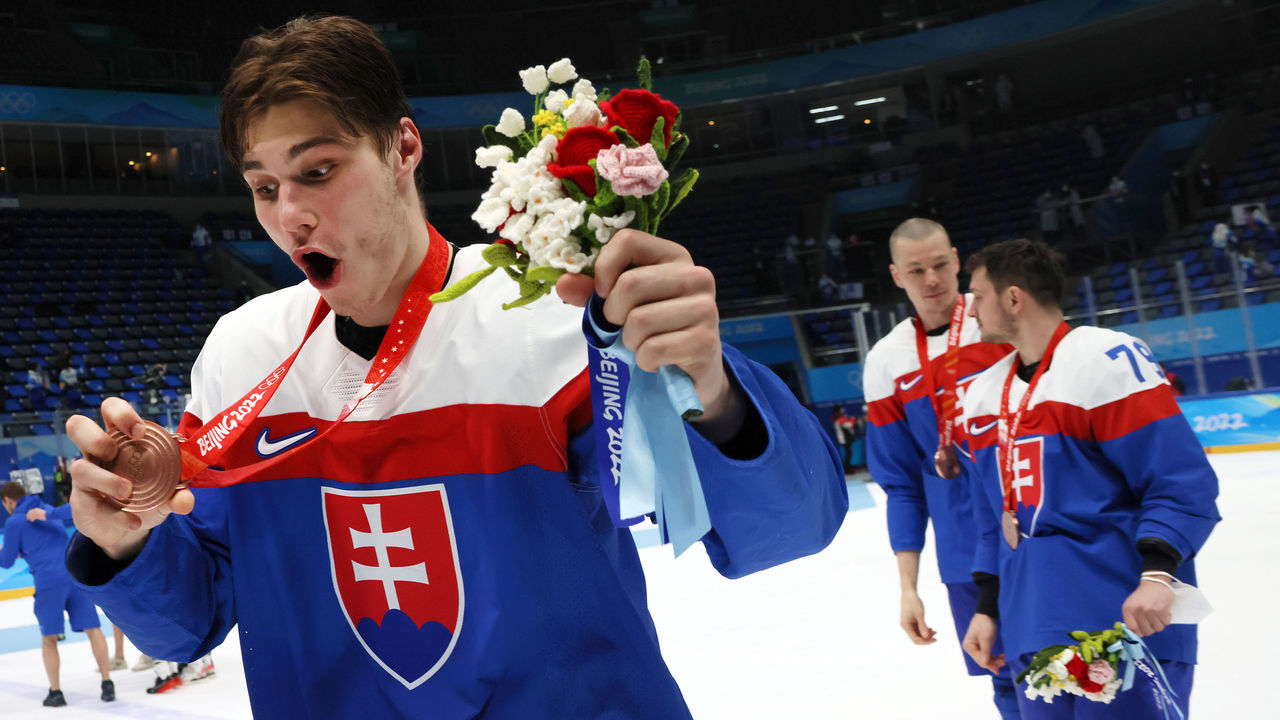
Slafkovsky is fast and deft with the puck at 6-foot-3, and his offensive outburst was no fluke. He scored all seven of his goals at even strength, four of them on pinpoint wristers. One was a snapshot that he roofed. On another, he was the first to pounce on a rebound by the crease.
There's no recent precedent for what he achieved in Beijing. Before the Chicago Blackhawks drafted Ed Olczyk third overall in 1984, he put up eight Olympic points for the U.S. in Yugoslavia. Rasmus Dahlin, the No. 1 pick in 2018, played fewer than eight minutes for Sweden at the PyeongChang Games. The Canadian equivalent of Slafkovsky's star turn would have been Shane Wright, 2022's top draft prospect, lighting up the event as Claude Julien's most reliable forward.
Slafkovsky generally ranks between fourth and eighth in prominent 2022 prospect rankings. Scouts that TSN's Bob McKenzie polled in January slotted him fifth behind Wright, Logan Cooley, Joakim Kemell, and Matthew Savoie. For someone who's barely scored in Finland's top-tier Liiga this season (Slafkovsky has four points in 21 games), producing in Beijing is exactly what he needed to do to maximize his stock.
North American youngsters delivered
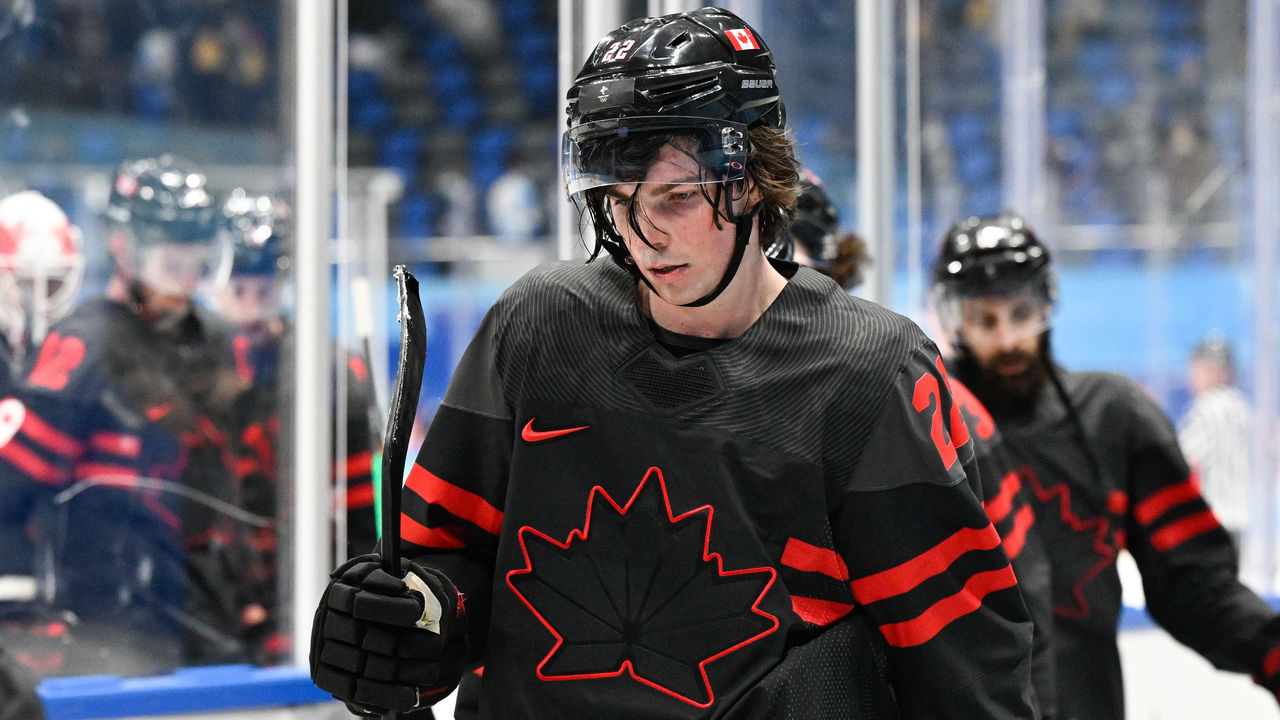
None of them took over like Slafkovsky, but Canada and the United States' young guns showed what makes them esteemed prospects: Owen Power's puck poise, Mason McTavish's shot, Matty Beniers' dependability in all zones and situations. Jake Sanderson set up dangerous rush chances in his lone Olympic game before getting hurt. No Canadian forward was as creative and slippery off the cycle as Kent Johnson.
Regrettably, Julien benched Johnson for much of the third period when Canada lost to Sweden. David Quinn never turned to Beniers as Rybar blanked the U.S. in the quarterfinal shootout.
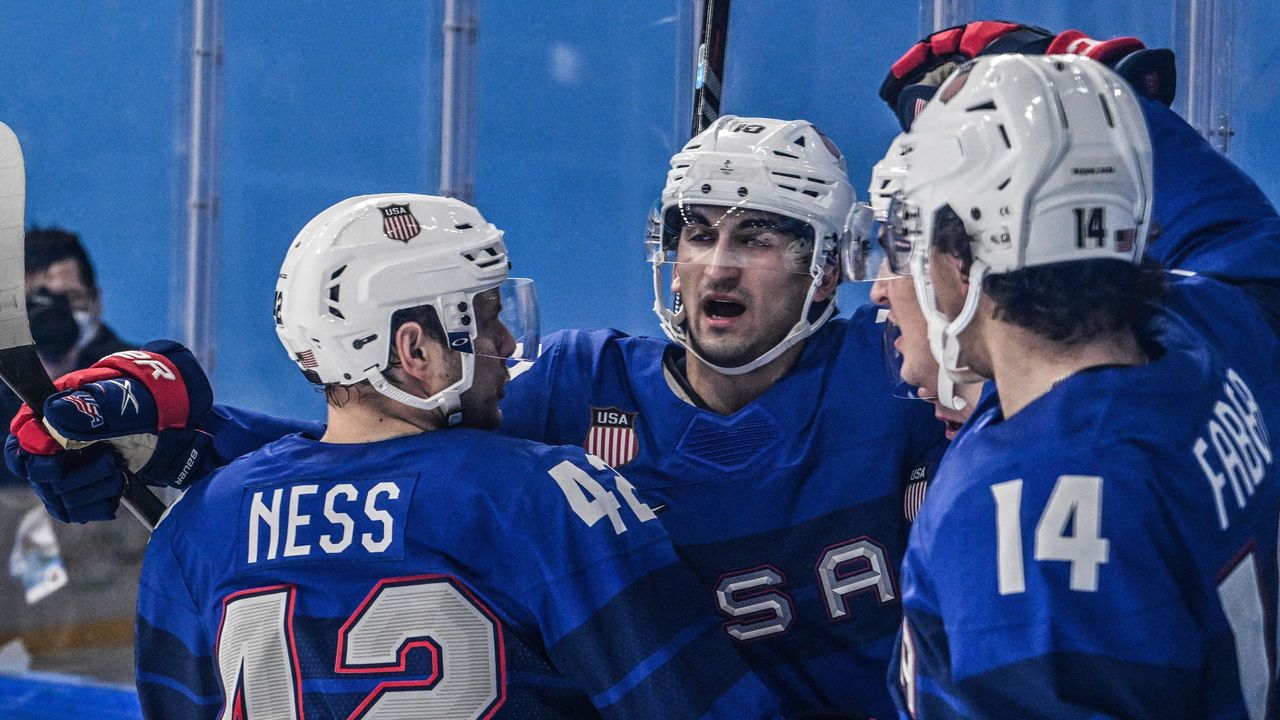
Jack McBain's turnover cost Canada against Sweden, but the prospects generally deserved trust. U.S. forwards Sean Farrell and Brendan Brisson combined to score five goals in Beijing. Brisson and Matt Knies both recorded 13 shots. Defenseman Brock Faber played 24:45 a night. U.S. goalie Drew Commesso, who's eligible to play this summer at the rescheduled world juniors, stopped 53 of the 55 shots he faced against China and Germany.
What's next for this cohort? McTavish has already impressed in a nine-game NHL audition. Power and Sanderson are locks to leave college in the next month or two; Beniers and Johnson might be ready to join them in the NHL next season. One dark horse who could make a pro impact soon is Nick Abruzzese, the 22-year-old Harvard captain and 2019 fourth-round draft pick who distributed three primary assists in Beijing.
Ho-Sang teased his skill
Josh Ho-Sang's career flagged from 2019-21 when he played a mere 31 games between the minors and Sweden. But he found stability with the Toronto Marlies this season, played well enough on an AHL deal to make Canada's Olympic team, and entered the event on the top line.
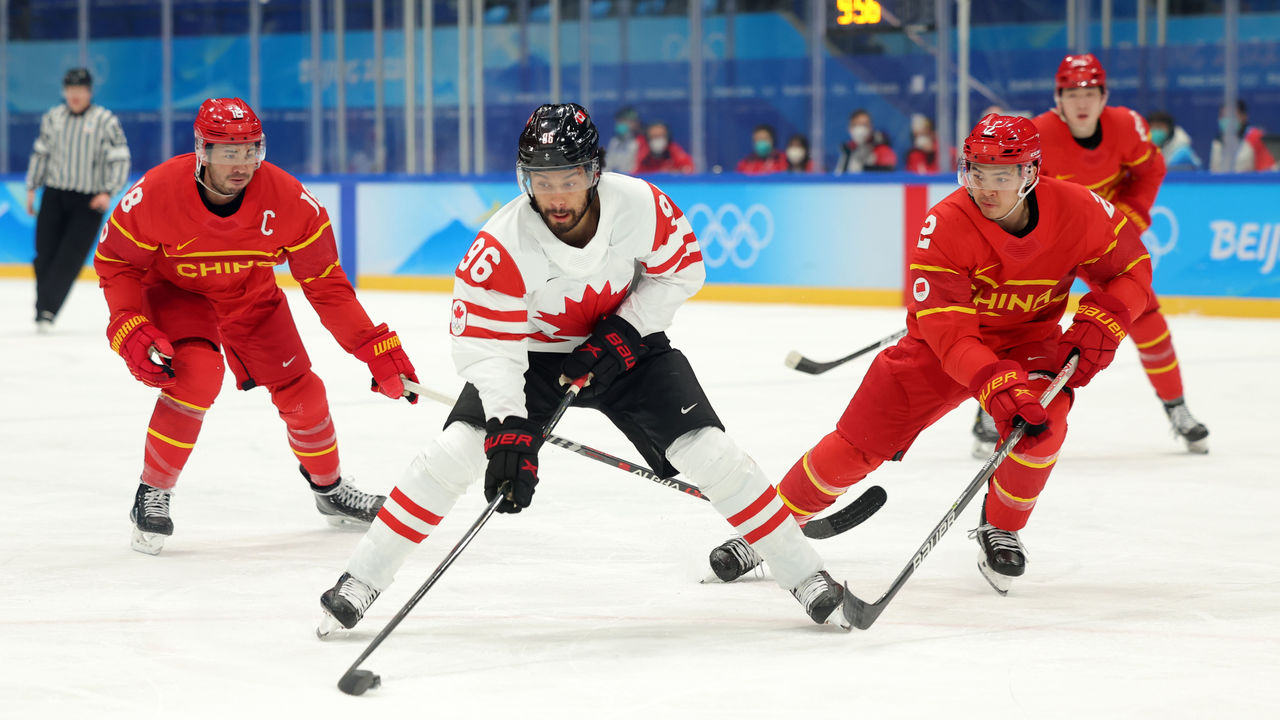
Did Julien give him a fair shake? Two games in, Ho-Sang's only point was an assist on Mat Robinson's fluke goal, and McBain replaced him on Eric Staal's right wing. Ho-Sang didn't play more than 9:24 the rest of the tournament, even though he recorded a sweet helper against China - his speed on the rush opened a passing lane to Eric O'Dell - and seemed to be the one Canadian in the quarterfinals who could carry the puck into Sweden's zone.
After PyeongChang 2018, Cody Goloubef was the only Canadian Olympian who returned for a time to the NHL. It'd be a stretch to say Ho-Sang was a game away from earning his own contract, but the what-if is tantalizing. In place of breaking out in the medal round, his play for the Marlies is what will prompt any NHL interest he receives.
NHLers were sorely missed
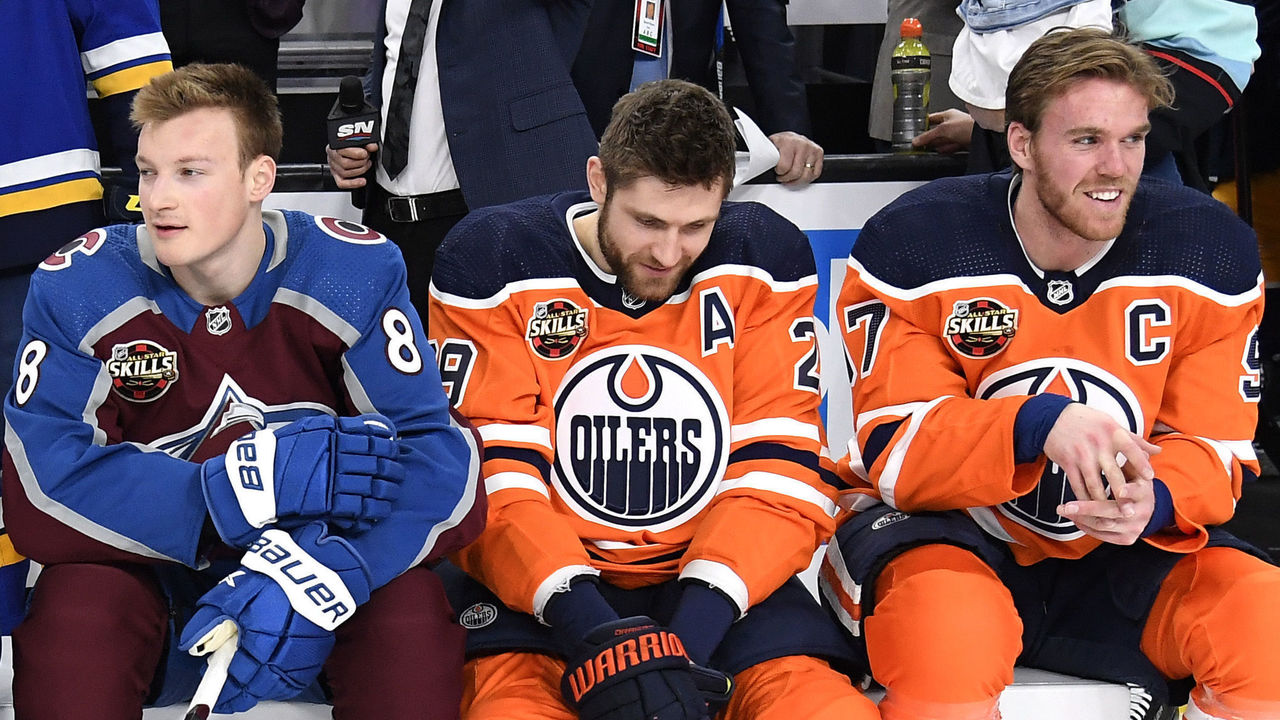
PyeongChang's Olympic tournament had three attributes that this one lacked: memorable knockout matchups, an underdog finalist, and a twist that distinguished it from past Games.
Germany came within an overtime goal of winning gold in 2018. In Beijing, the semis and final were defensive slogs that featured seven goals total. Plus, NHL players staying home wasn't novel anymore.
The Europe-based veterans who headlined most rosters put in respectable efforts, but it's the matchup of elite talent that confers magnitude and produces magic. When CNN likened the U.S. beating Canada to the Miracle on Ice, the comparison was silly because the American college kids hadn't toppled any great opponent. Eddie Pasquale has strong KHL stats, but he's not Vladislav Tretiak.
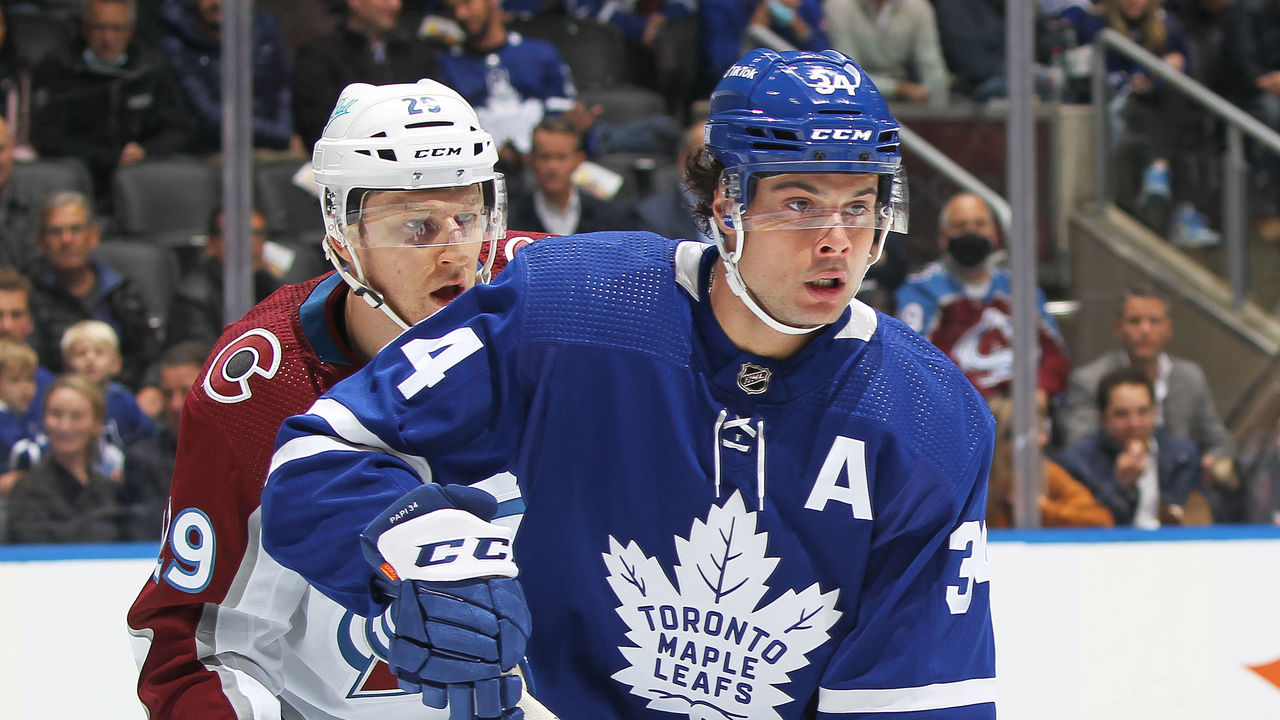
NHLers emphasize that the Olympics matter to them. Come 2026, the NHL shouldn't need to reschedule scores of games to February, which would free these players to compete for the first time: Connor McDavid, Nathan MacKinnon, Auston Matthews, Leon Draisaitl, Andrei Vasilevskiy, Nikita Kucherov, Victor Hedman, Steven Stamkos, Brayden Point, Jonathan Huberdeau, Artemi Panarin, Mikko Rantanen, Sebastian Aho, Juuse Saros, David Pastrnak, Brad Marchand, Cale Makar, Adam Fox, Mitch Marner, Mark Stone, Jack Eichel.
The list goes on. Watch out for Power, Beniers, and Slafkovsky, too: They'll have a shot to become Olympic vets.
Nick Faris is a features writer at theScore.
Copyright © 2022 Score Media Ventures Inc. All rights reserved. Certain content reproduced under license.